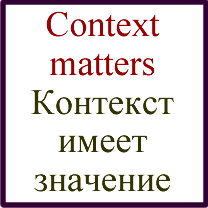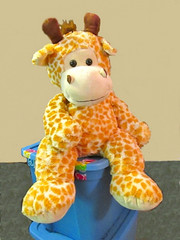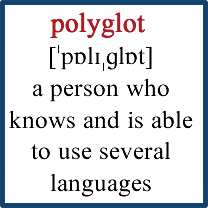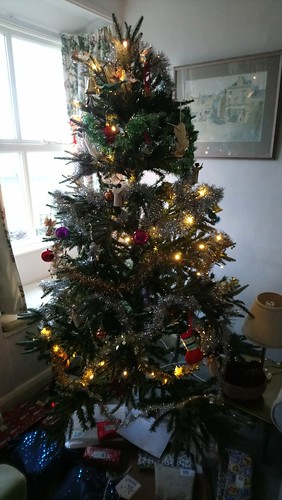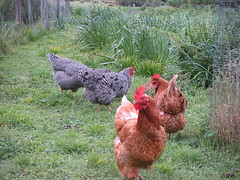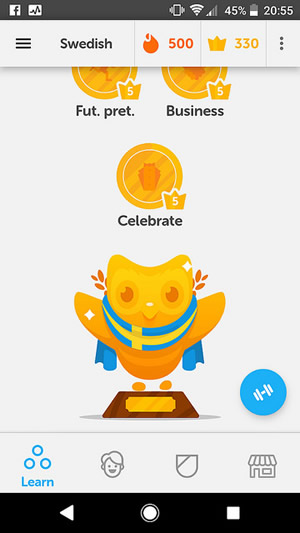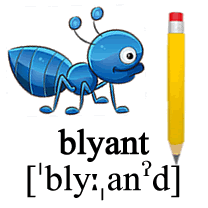
In Danish the word for pencil is blyant [ˈblyːˌanˀd], which sort of sounds like blue ant. When I learnt this, I wondered where this word comes from, and I thought I’d share what I found with you.
The word blyant, which is also used in Norwegian, combines bly (lead) with the French suffix -ant. It is an abbreviation of blyertspen [source], which comes from blyert (black lead, graphite), from the German Bleiertz (lead ore – lit. “lead earth”) and pen [source].
Related words include:
- blyantsholder = pencil holder
- blyantspenge = financial allowance for members of the European Parliament (“pencil money”)
- blyantspids = the tip of a pencil
- blyantspidser = pencil sharpener
- blyantsstreg / blyantstreg = pencil line
- blyantstegning / blyanttegning = pencil drawing
Source: Den Danske Ordbog
The words for pencil in Swedish (blyertspenna), Faroese and Icelandic (blýantur) come from the same roots [source].
The German word for pencil, Bleistift [ˈblaɪ̯ʃtɪft] comes from a similar root: Blei (lead) and Stift (pen) [source].
There is in fact a creature called a blue ant (Diamma bicolor) – it is blue, but is a species of wasp rather than an ant, and lives in parts of Australia [source].
